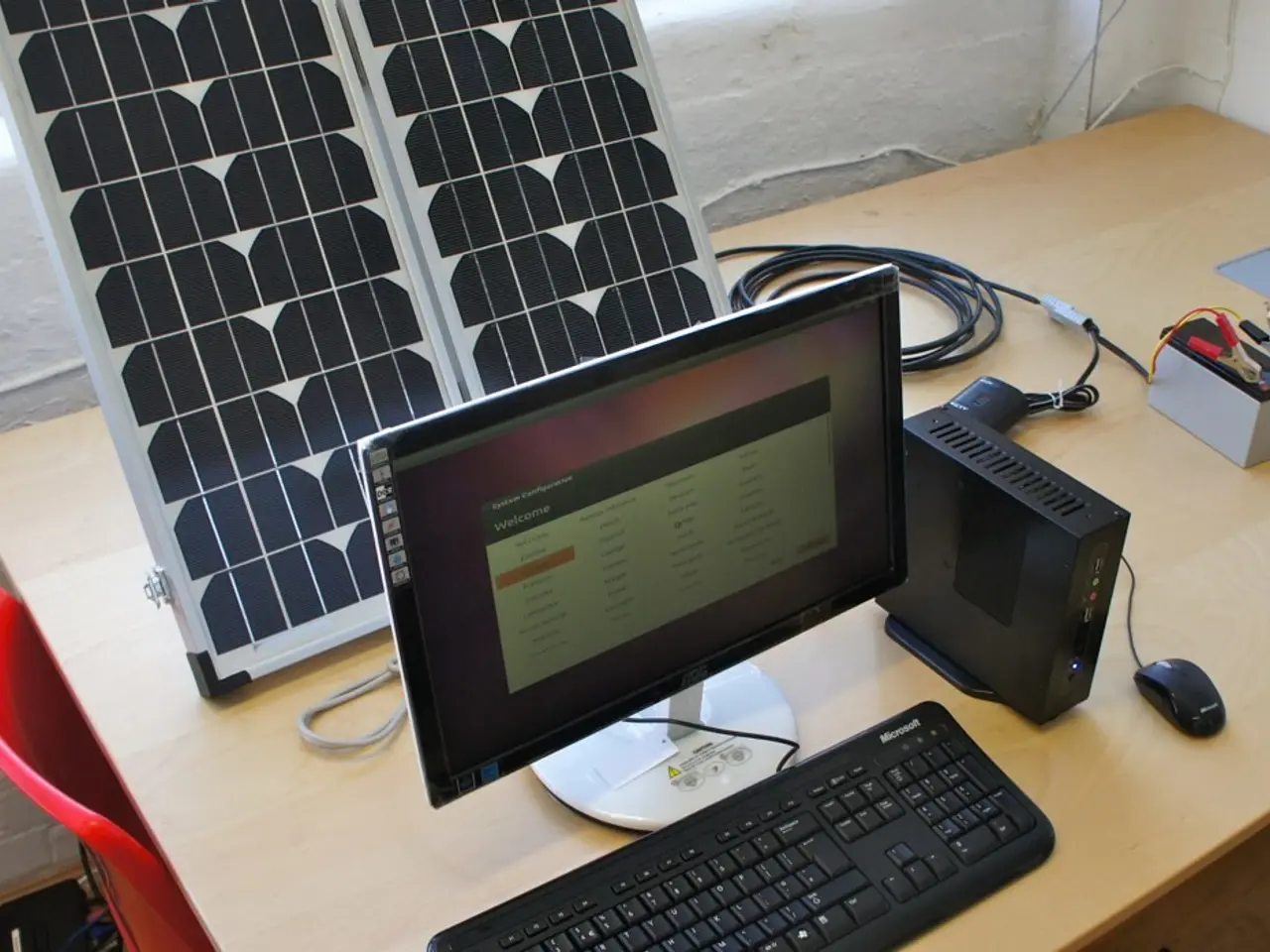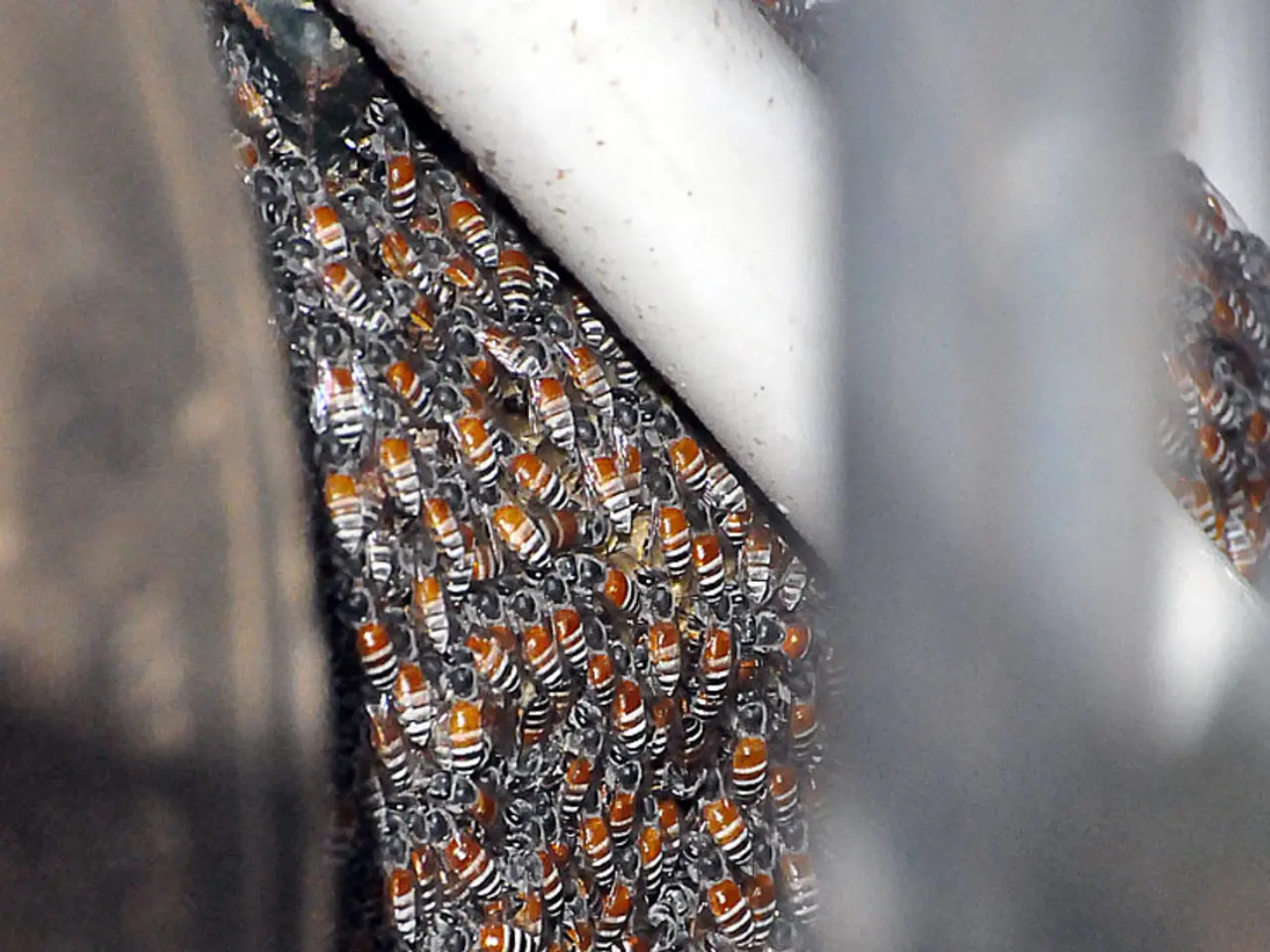Solar Panel Evaluation in Depth at CSUN
CSUN, a leading solar panel manufacturer, has a diverse global manufacturing presence with facilities in China, the USA, Turkey, South Korea, and Vietnam. As of now, the company only has 8 of their 9 half cell panels listed on their website for the US market. None of their full cell or bifacial panels are listed.
CSUN's product lineup includes 4 solar panels that utilize full-cell technology, with the highest capacity model being the CSUN400-72M-158, rated at 400W with a module efficiency of 20.17%. On the other hand, the smallest half-cell panel can produce 340W, while the largest, suitable for solar farms or large commercial projects, has an output of 665W. Both types of CSUN's bifacial solar panels have capacities of 530W and 550W, with the 550W model having a module efficiency of 21.28%. The efficiency of CSUN's half-cell solar panels ranges between 19% and 21%.
CSUN offers a range of 9 different types of half-cell solar panels, including the CSUN Solar Panel 605WCSUN. All of these panels come with a 12-year product warranty and a 25-year performance warranty. Similarly, CSUN's bifacial solar panels are covered under a 12-year product warranty and a 25-year performance warranty.
It is important to note that the Bloomberg Tier 1 ranking for solar panels does not reflect the quality of the solar panels, but rather the 'bankability' of the manufacturing company. As of now, CSUN Solar Panels do not feature on the Bloomberg Tier 1 list.
Similarly, CSUN's solar panels have not been included in the PV Evolution Labs Top Performer list. Independent testing on the reliability of solar panels is conducted by PV Evolution Labs, but the results do not contain any information regarding CSUN's solar panel inclusion in their list.
CSUN's strategy to regain financial stability and market position includes strengthening its financials, engaging with strategic investors, and optimizing its global supply chain. The company was established in 2004 and launched its first solar cell production line in 2005. CSUN experienced rapid growth and was listed on the NASDAQ stock exchange in 2007. However, CSUN encountered severe financial challenges, leading to its delisting from NASDAQ in 2016.
CSUN operates a 300-megawatt panel assembly plant in Turkey, which primarily uses imported solar cells. The company also has a solar cell manufacturing plant in South Korea and a panel manufacturing plant in Vietnam, under the sub-brand SolarieViet.
In conclusion, while CSUN offers a range of high-quality solar panels, their current status in the Bloomberg Tier 1 ranking and the PV Evolution Labs Top Performer list cannot be determined based on the available information. However, CSUN's commitment to quality, efficiency, and innovation remains unwavering.
- CSUN, despite not being listed on the Bloomberg Tier 1 ranking or the PV Evolution Labs Top Performer list, continues to invest in quality and innovation, as demonstrated by their half-cell solar panels with efficiencies ranging between 19% and 21%.
- CSUN's solar energy solutions are gaining attention in the industry, with their product lineup including various solar panels, such as the CSUN Solar Panel 605W, all backed by a 12-year product warranty and a 25-year performance warranty.
- To maintain and regain its financial stability, CSUN has been focusing on strategic investments, financial optimization, and enhancing the global supply chain, reminiscent of the company's roots in solar cell production, which began with the launch of the first solar cell production line in 2005.
- As part of their growth strategy, CSUN launched a solar panel assembly plant in Turkey with a capacity of 300 megawatts, using imported solar cells, and also established a panel manufacturing plant in Vietnam under the sub-brand SolarieViet.
- The solar power industry is advancing swiftly, and CSUN remains committed to contributing to this growth with their cutting-edge technology, pioneering solar solutions like their bifacial panels, and their expansion into key global manufacturing markets, such as China, the USA, Turkey, South Korea, and Vietnam.




